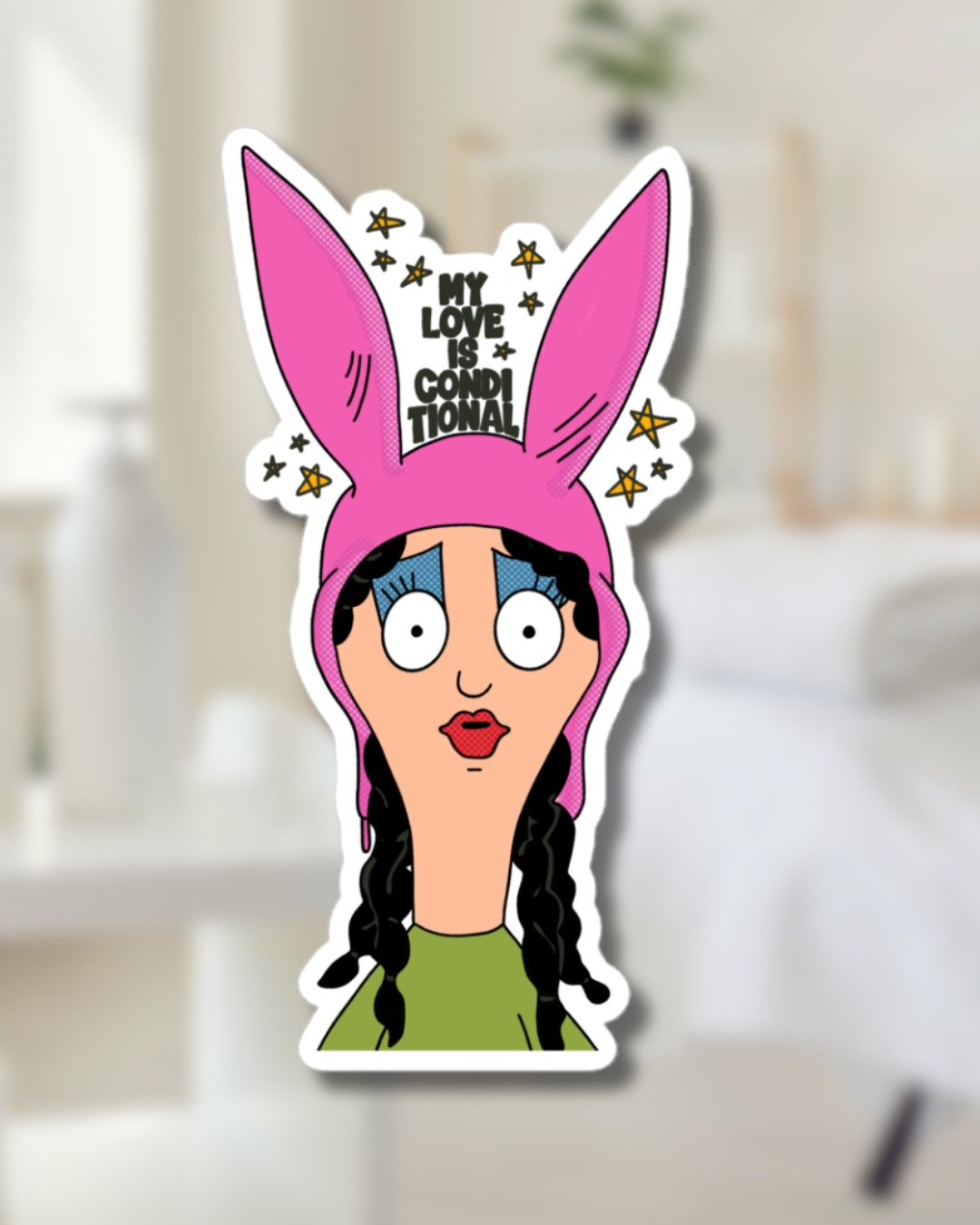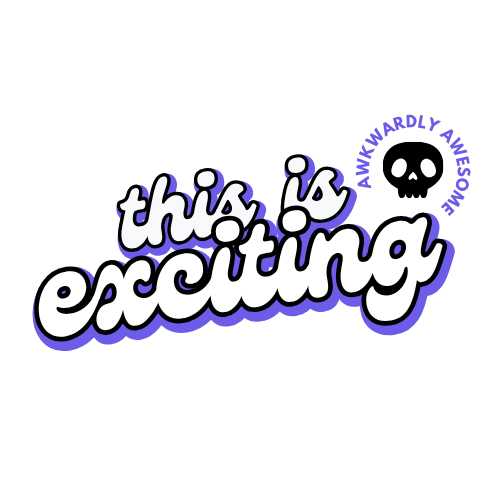
Learning to Say No: My Journey with Boundaries
Share
For as long as I can remember, I’ve had a deep desire to make the people around me happy. I’m the one who says “yes” even when I mean “no,” who stretches herself thin, and who finds herself in difficult or uncomfortable situations—not because I want to be there, but because I didn’t feel I had the right to say no.
Setting boundaries has been one of the hardest emotional lessons of my life.
It sounds simple, doesn’t it? Just speak up. Just say no. Just put yourself first. But when you’ve been conditioned to believe your worth is tied to how useful, helpful, or agreeable you are, boundaries start to feel like walls—like things that shut people out rather than keep you safe.
This struggle shows up the most in my closest relationships—particularly with my mom and my husband. These are people I love deeply. I want to give them the best of me. But sometimes, I give so much that there’s nothing left. I’ll find myself swallowing discomfort, shelving my own needs, agreeing to things that don’t feel right—all in the name of keeping the peace or making someone else happy.
And then I get frustrated with myself. I get angry that I didn’t speak up, that I said “yes” when I should have said “no,” that I bent instead of standing firm. I wonder why I keep doing this. I go to therapy, I journal, I rehearse healthier responses—and still, in the moment, I falter.
But I’m learning that healing isn’t linear. Boundaries aren’t something you master in a week. They’re a muscle, and mine have been underused for years. Of course they’re sore. Of course it feels unnatural. Of course I have setbacks.
And here’s the truth I keep returning to: Setting boundaries isn’t selfish. It’s self-respect.
I’m starting to see that every time I say “no” when I need to, I’m saying “yes” to myself. I’m learning that I can love people and still have limits. That I can be kind and be clear. That it’s okay—more than okay, necessary—to take care of myself, too.
I’m a work in progress. But I’m proud of the work. Each hard conversation, each uncomfortable “no,” each moment of standing up for myself is proof that I’m growing.
And maybe that’s the most exciting part: I’m not stuck. I’m evolving. And the more I practice, the stronger that boundary muscle becomes.
So if you’re like me—struggling, trying, stumbling, but still showing up—know this: it’s okay. You’re not alone. We’re learning together. And little by little, we’re learning to put ourselves on the list of people we love.
Because we deserve that, too.
